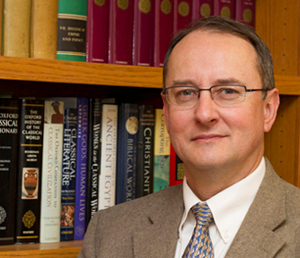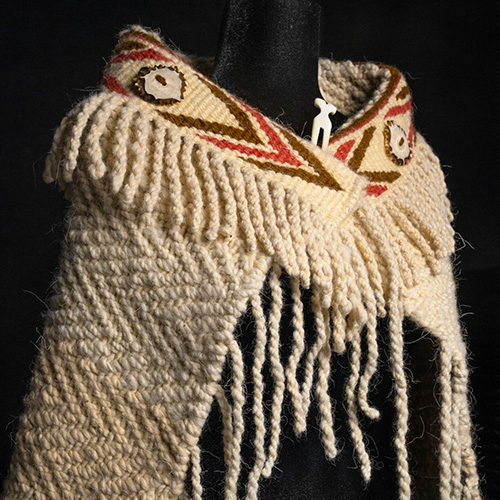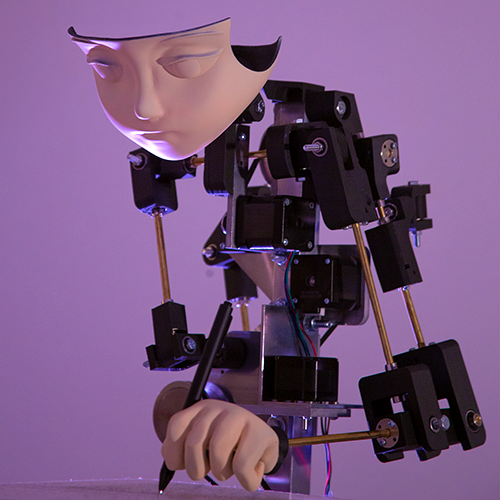We are all familiar with the notion of academia as an ivory tower, a place far removed from real life where faculty and students indulge solely in the life of the mind. The image, however, seems better suited to a mausoleum like the Taj Mahal than it does to the University of Washington, which is dedicated to preparing students for the real world by immersing them in it. So how and when did the idea of the ivory tower university originate?

The term “ivory tower” was initially one of praise rather than opprobrium. In the Hebrew Bible’s Song of Songs, the poet compared his beloved’s neck to an ivory tower. In the Middle Ages, “the ivory tower” was applied to the Virgin Mary. Thereafter, however, the term lost its luster. Henry James used it as the title of an unfinished novel published after his death, referring to the corrupting effect of enormous wealth. But the term’s most common meaning in nineteenth-century America was the one it still carries today: a dismissive reference to colleges and universities as places where ineffectual people discuss useless theories about a world from which they are hopelessly detached.
The University of Washington has never been an ivory tower. Unlike the enclosed universities of the Middle Ages, we have never been surrounded by walls, either literally or metaphorically. So the notion of a division between the University and the world outside our “walls” has never made sense. As a public university, our scholarship and teaching have always been part of a broader mission of service to the communities of which we are a part. And as the stories in this edition of Perspectives make clear, we continue to build on that long tradition of engagement today, even as the communities we serve, and of which we are a part, have grown to reach from Puget Sound across the world.
As a public university, our scholarship and teaching have always been part of a broader mission of service to the communities of which we are a part.
As you will read in this issue, our students are learning by doing. They are stepping out of the classroom and into challenging, often unfamiliar settings to gain new perspectives and skills that will serve them throughout their lives. Students in Law, Societies, and Justice recently participated in a seminar with men incarcerated in a Washington State prison. Through a Comparative History of Ideas study abroad program, students engaged with Roma communities across Europe. Biology students participate in cutting-edge research, devising their own experiments in a faculty research lab. Students in a new interdisciplinary arts course have the opportunity to interact with world-class artists, including performers featured through the UW World Series. And of course our students themselves perform in campus classrooms, theaters, and studios. Some of them even perform in Spanish, through a popular course offered by Spanish and Portuguese Studies.
I hope that our students will have the opportunity to travel the world, and to see the real “ivory towers” of the Taj Mahal. But I am certain that none of them will see those ivory towers as a metaphor for their experiences at the University of Washington.
Robert Stacey
Dean, College of Arts and Sciences
More Stories

A Healing Heart Returns
In February, the UW Symphony will perform a symphony that Coast Salish elder Vi Hilbert commissioned years ago to heal the world after the heartbreak of 9/11. The symphony was first performed by the Seattle Symphony in 2006.

Coast Salish Traditions are "Woven in Wool" at the Burke
A Burke Museum exhibit, co-curated by Coast Salish weavers and Burke curators, highlights the importance of weaving to Coast Salish communities.

Art Meets Technology at SPAM New Media Festival
Art meets technology at the SPAM New Media Festival, an exhibition of creative works that use technology in unexpected ways. The event will be held September 12-14.